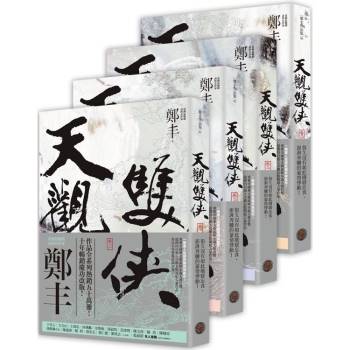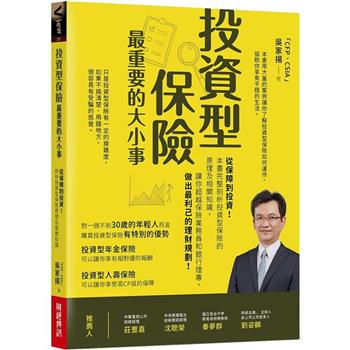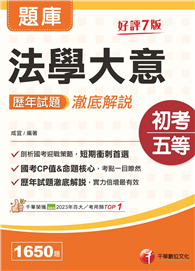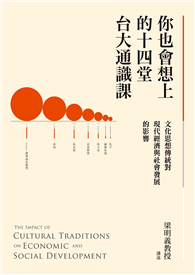This book is an inquiry into ki-energy, its role within Eastern mind-body theory, and its implications for our contemporary Western understanding of the body. Yuasa examines the concept of ki-energy as it has been used in such areas as acupuncture, Buddhist and Taoist meditation, and the martial arts. To explain the achievement of mind-body oneness in these traditions he offers an innovative schematization of the lived body. His approach is interdisciplinary and cross-cultural, offering insights into Western philosophy, religion, medical science, depth psychology, parapsychology, theater, and physical education.
To substantiate the relationship that ki-energy forms between the human body and its environment, Yuasa introduces contemporary scientific research on ki-energy in China and Japan, as well as evidence from acupuncture medicine and from the experience of meditators and martial arts practitioners. This evidence requires not only a rethinking of the living human body and of the mind-body and mind-matter relation, but also calls into question the adequacy of the existing scientific paradigm. Yuasa calls for an epistemological critique of modern science and explores the issue of the relation of teleology to science.| FindBook |
有 1 項符合
The Body, Self-Cultivation, and Ki-Energy的圖書 |
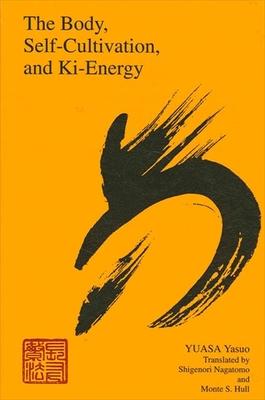 |
Body Self-Cultivation KI 作者:Yuasa、Yasuo/Nagatomo、Shigenori/Hull、Monte S 出版社:State University of New York Press 出版日期:1993-09-14 語言:英文 規格:平裝 / 266頁 / 22.6 x 15 x 2 cm / 普通級 / 譯本 |
| 圖書館借閱 |
| 國家圖書館 | 全國圖書書目資訊網 | 國立公共資訊圖書館 | 電子書服務平台 | MetaCat 跨館整合查詢 |
| 臺北市立圖書館 | 新北市立圖書館 | 基隆市公共圖書館 | 桃園市立圖書館 | 新竹縣公共圖書館 |
| 苗栗縣立圖書館 | 臺中市立圖書館 | 彰化縣公共圖書館 | 南投縣文化局 | 雲林縣公共圖書館 |
| 嘉義縣圖書館 | 臺南市立圖書館 | 高雄市立圖書館 | 屏東縣公共圖書館 | 宜蘭縣公共圖書館 |
| 花蓮縣文化局 | 臺東縣文化處 |
|
|
圖書介紹 - 資料來源:博客來 評分:
圖書名稱:The Body, Self-Cultivation, and Ki-Energy
|
